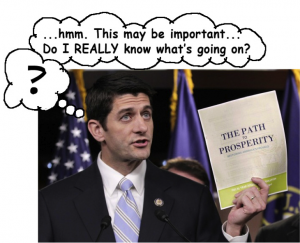By William K. Black
(Cross posted from Benzinga.com)
Robert Reich has written a column entitled “Why this is the Worst Recovery on Record.” It’s an odd title because the article makes no reference to this being “the worst recovery on record.” Unlike a newspaper column, we know that Reich chose the title, because it comes from his own blog.
The current U.S. recovery is not “the worst recovery on record” – it is not faintly close to the worst recovery on record. Rhetorical claims like this are dependent on highly selective choices of what years one compares. In 1937 and 1938, President Roosevelt listened to the incoherent claims of his economic advisors that stimulus was bankrupting the Nation and that it had spurred a sufficiently robust recovery that the private sector could now be relied upon to lead the Nation promptly back to prosperity. The advisors recommended that FDR act urgently to impose austerity. FDR cut spending and increased taxes and the Federal Reserve tightened the monetary supply. The result was that a robust recovery from the Great Depression that reduced unemployment by two-thirds during FDR’s first term from a high of 25%. Real GDP growth averaged 12% during that term. Continue reading












